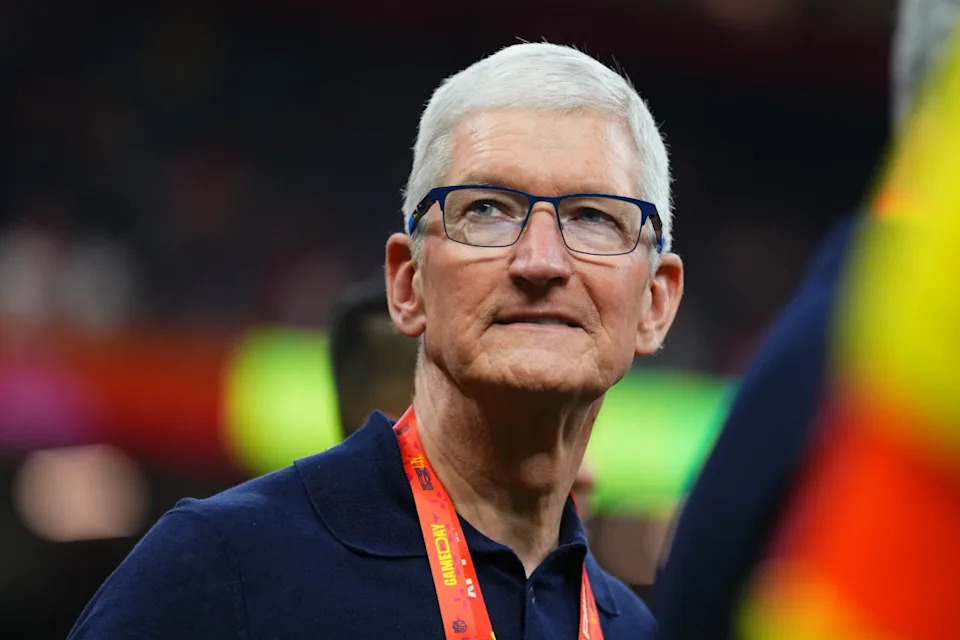Apple’s Legal Battle Over Fortnite: What It Means for the App Store Ecosystem
Apple’s influence on the mobile app industry is enormous, shaping how developers and consumers interact with technology. Recently, the tech giant has found itself at the center of a high-stakes legal showdown involving Fortnite and its developer, Epic Games. This dispute reveals much about Apple’s ecosystem, its App Store policies, and what the future might hold for app marketplaces worldwide.

The Fortnite Controversy and Apple’s App Store Policies
The conflict originated in 2020 when Epic Games implemented a payment system within Fortnite to bypass Apple’s 30% commission on in-app purchases. Apple responded by removing Fortnite from the App Store. This move sparked a lengthy legal battle that continues to impact both companies today.
A recent court decision found that Apple had defied an earlier injunction by preventing developers from offering alternate payment methods (Yahoo Finance). Despite a significant legal setback for Apple, the company has yet to fully embrace the required changes. As a result, Fortnite remains unavailable on iOS in both the US and the European Union. Epic Games continues to press for reinstatement, but Apple has resisted, citing its guidelines and business model.
Wider Implications: Spotify, Kindle, and More
Apple’s approach has had repercussions throughout the digital economy. Other major developers, including Spotify and Amazon Kindle, have also re-submitted their apps to support purchases outside of the App Store. This move was driven by both consumer demand and regulatory pressure (CNBC). The outcome of Apple’s legal battles will set a precedent for how all app developers operate within the iOS ecosystem.
Developers worldwide are watching this case closely. The need for more flexible payment options and fairer revenue sharing is a recurring theme. Apple’s ability—or reluctance—to adapt may influence innovation and competition across the entire mobile software industry.
What Lies Ahead for Apple and App Developers?
While the court has ruled against some of Apple’s restrictive practices, the company contends that its ecosystem offers users security and quality assurance. However, calls for transparency and fairness are growing louder. Legal experts believe this dispute is far from over, and its effects could extend well beyond Apple and Epic Games.
Ongoing litigation and regulatory scrutiny will keep Apple in the spotlight. Developers, users, and lawmakers alike will continue to debate how much control Apple should wield over its digital marketplace. Whether Apple chooses to embrace change or continue fighting may determine the next era of the mobile app economy.
Conclusion: The Future of Apple’s App Store
The Apple-Fortnite legal saga highlights key questions about competition, revenue sharing, and consumer choice. As tech giants and app developers navigate these turbulent waters, the outcome will shape the digital world for years to come. Staying informed about these developments is crucial for anyone interested in technology, digital rights, or the future of mobile innovation.